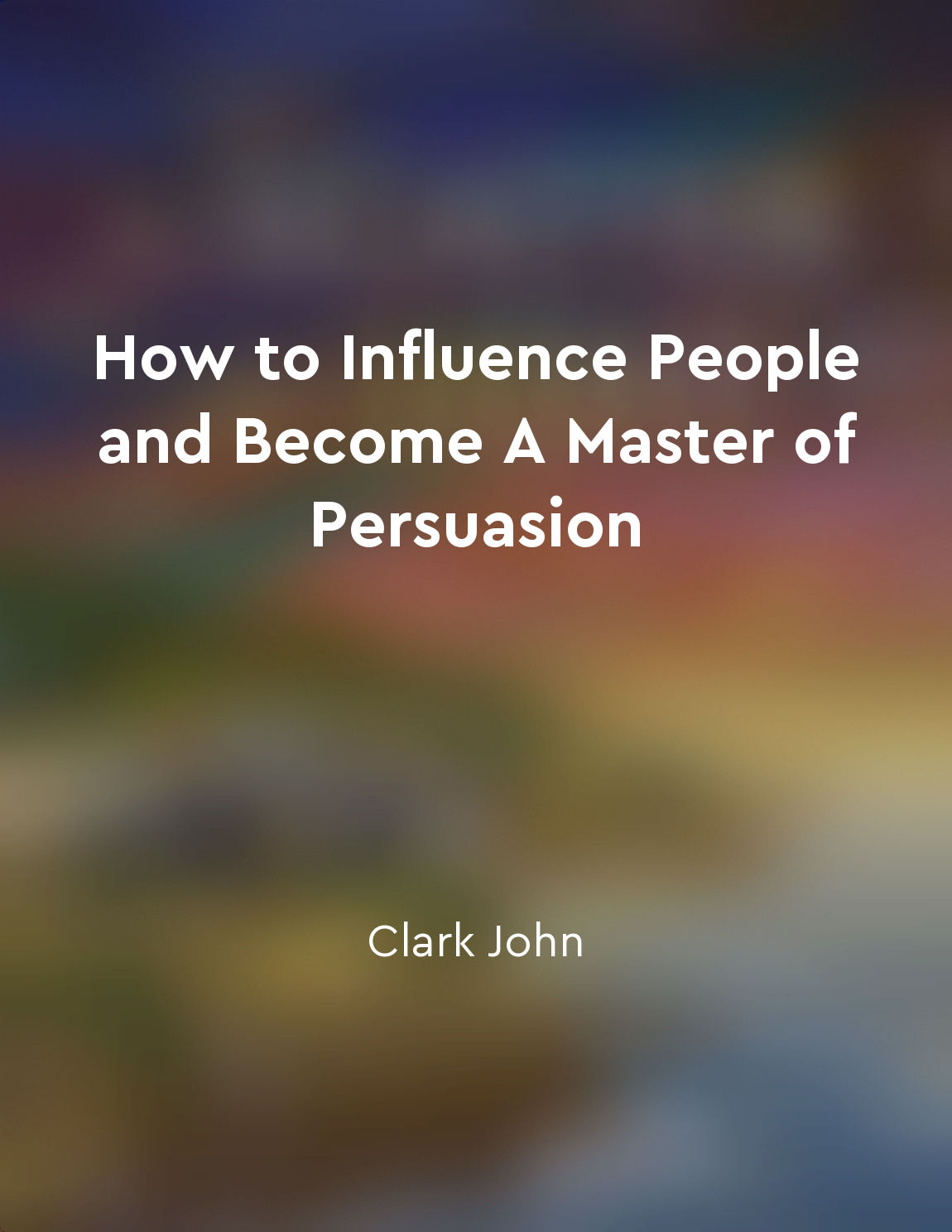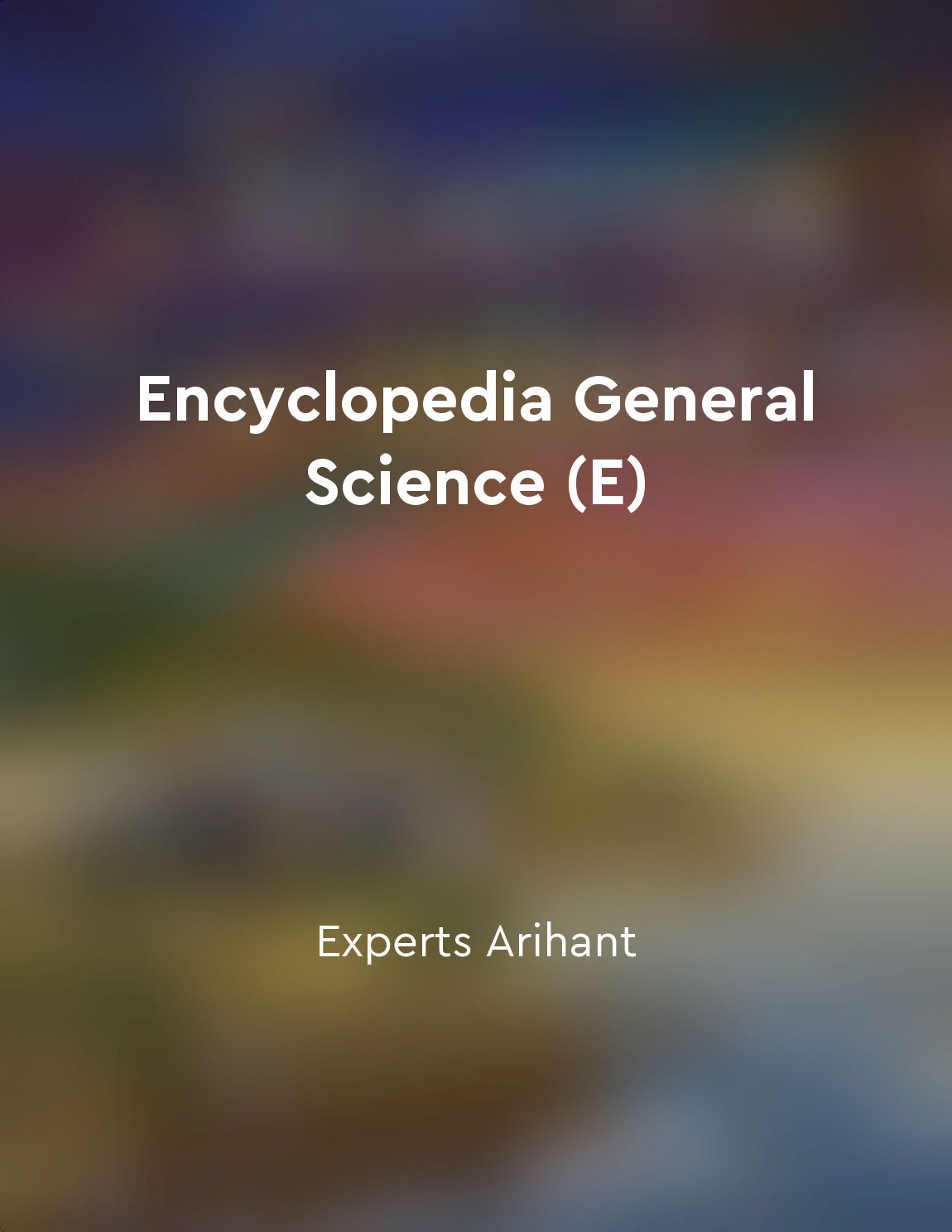Differentiating between fact and opinion from "summary" of TOPIK PASS Level 3 - Reading by FunPik
Differentiating between fact and opinion is an essential skill in reading comprehension. Facts are statements that can be proven true or false through evidence or research. They are objective and not influenced by personal feelings or beliefs. On the other hand, opinions are subjective statements that reflect a person's thoughts, feelings, or beliefs. They cannot be proven true or false because they are based on individual perspectives. When reading a text, it is important to distinguish between facts and opinions to understand the author's purpose and perspective. Facts provide information and support the main idea of a text, while opinions express the author's point of view or argument. By identifying facts and opinions, readers can analyze the credibility of the information...Similar Posts
Estabeleça metas claras e alcançáveis em sua vida
Setting clear and achievable goals in your life is essential for your personal growth and success. When you have a clear goal i...
There is no ghost in the machine
To hold the belief that mental processes are distinct from physical processes, as both Descartes and his followers have done, i...
Engage in dialogue with curiosity and a willingness to learn
When entering into a crucial conversation, it is essential to maintain a mindset of curiosity and a genuine desire to learn. Th...

Developing empathy can enhance persuasive abilities
Empathy is a powerful tool in the art of persuasion. When we take the time to truly understand and connect with others on an em...

Paragraphs organize ideas and aid comprehension
Paragraphs play a crucial role in written communication by providing structure and coherence to a piece of writing. They help t...

Understanding basic principles of physics is essential in the study of science
A strong foundation in physics is crucial for anyone pursuing a career in science. Physics serves as the backbone of all scient...

Seek out diverse opinions
To truly think for yourself and arrive at your own conclusions, it is imperative that you expose yourself to a wide range of di...
Use language to motivate and inspire others
When you want to inspire and motivate others, your choice of language can make a significant impact. By using the right words a...
Network with other speakers for growth
To truly excel in the world of public speaking, it is imperative that you network with other speakers. This means actively seek...
Focus on what's within your control
When it comes to living a fulfilling life, one of the most important principles to remember is to focus on what you can control...
